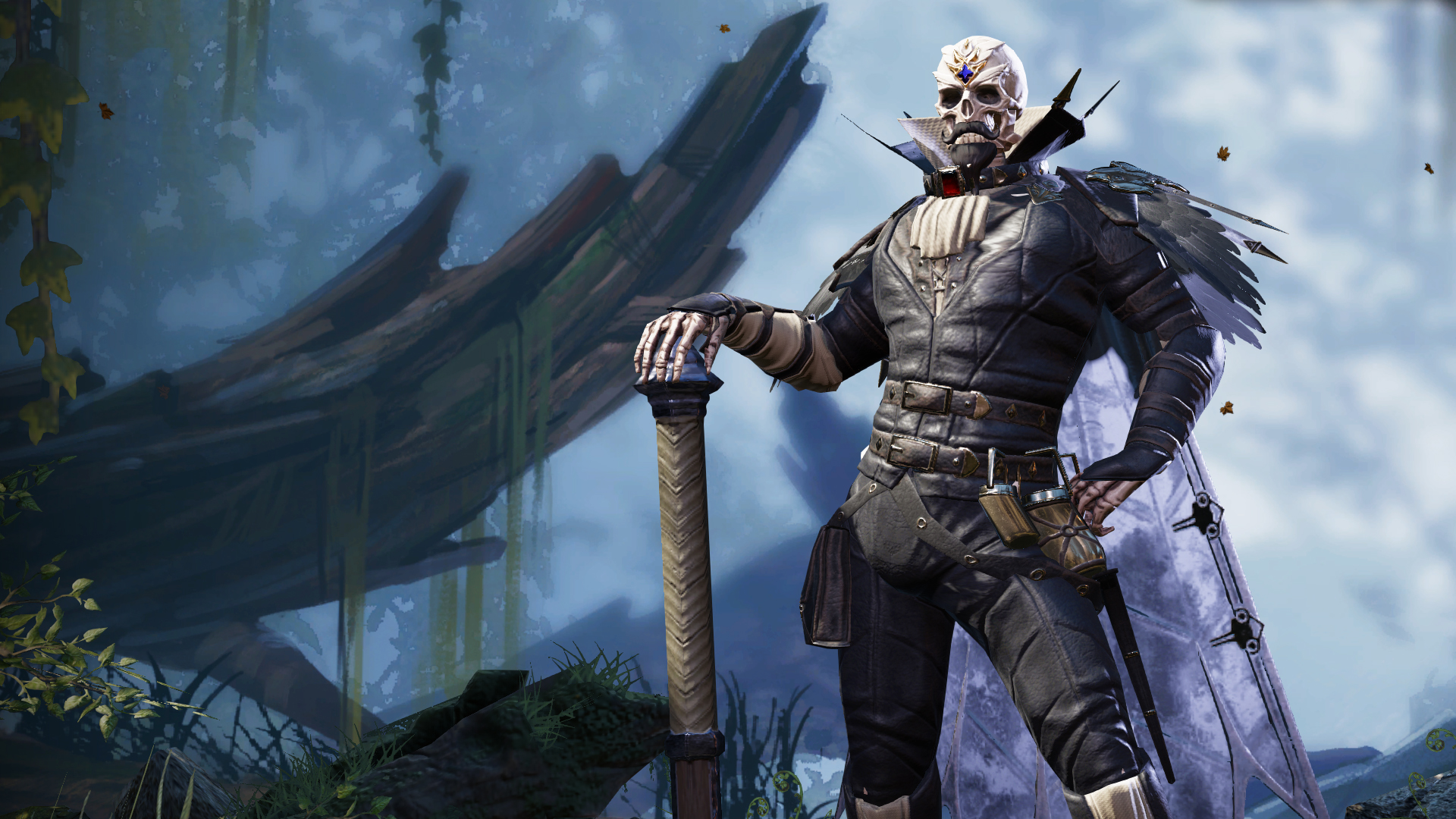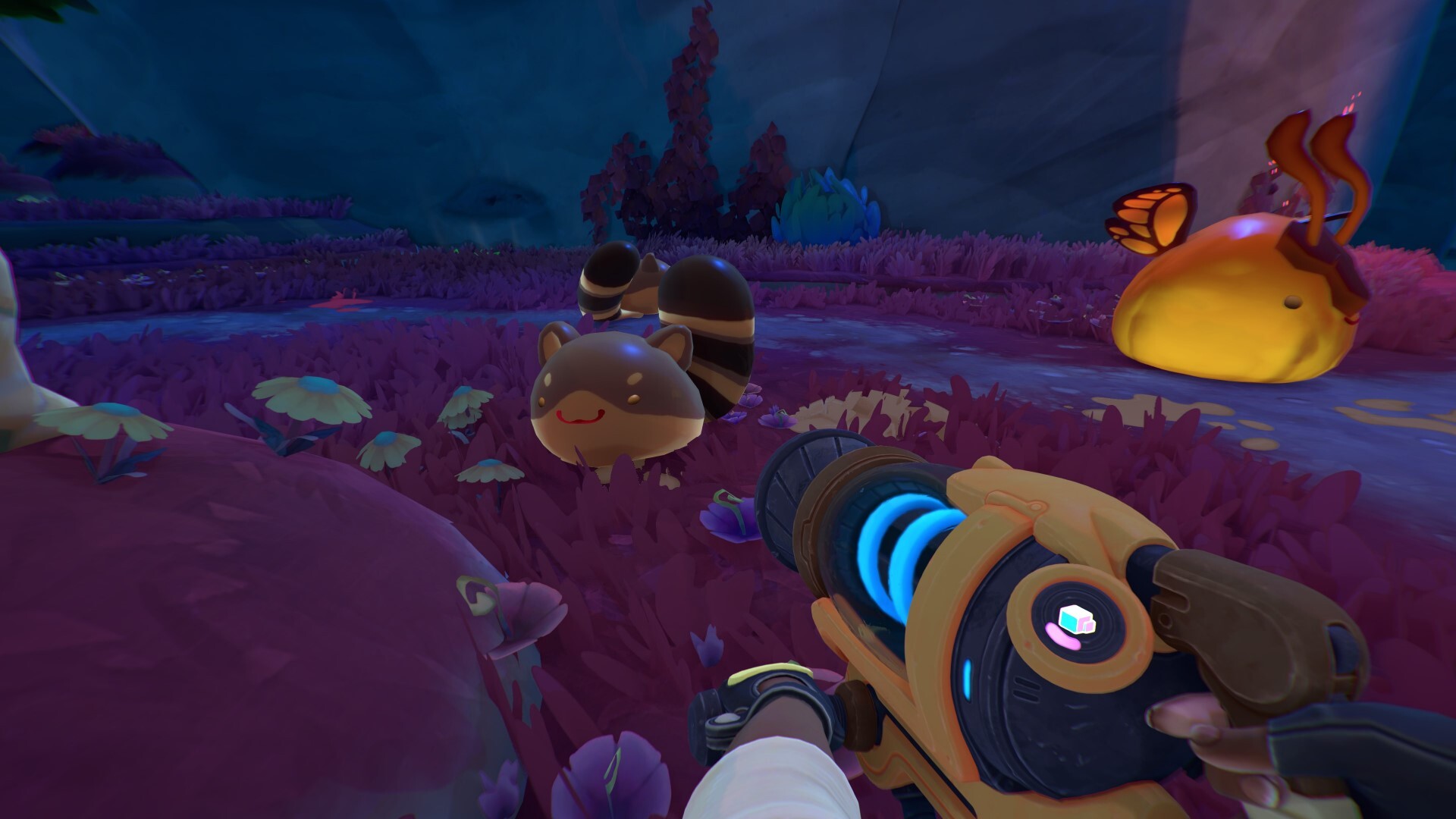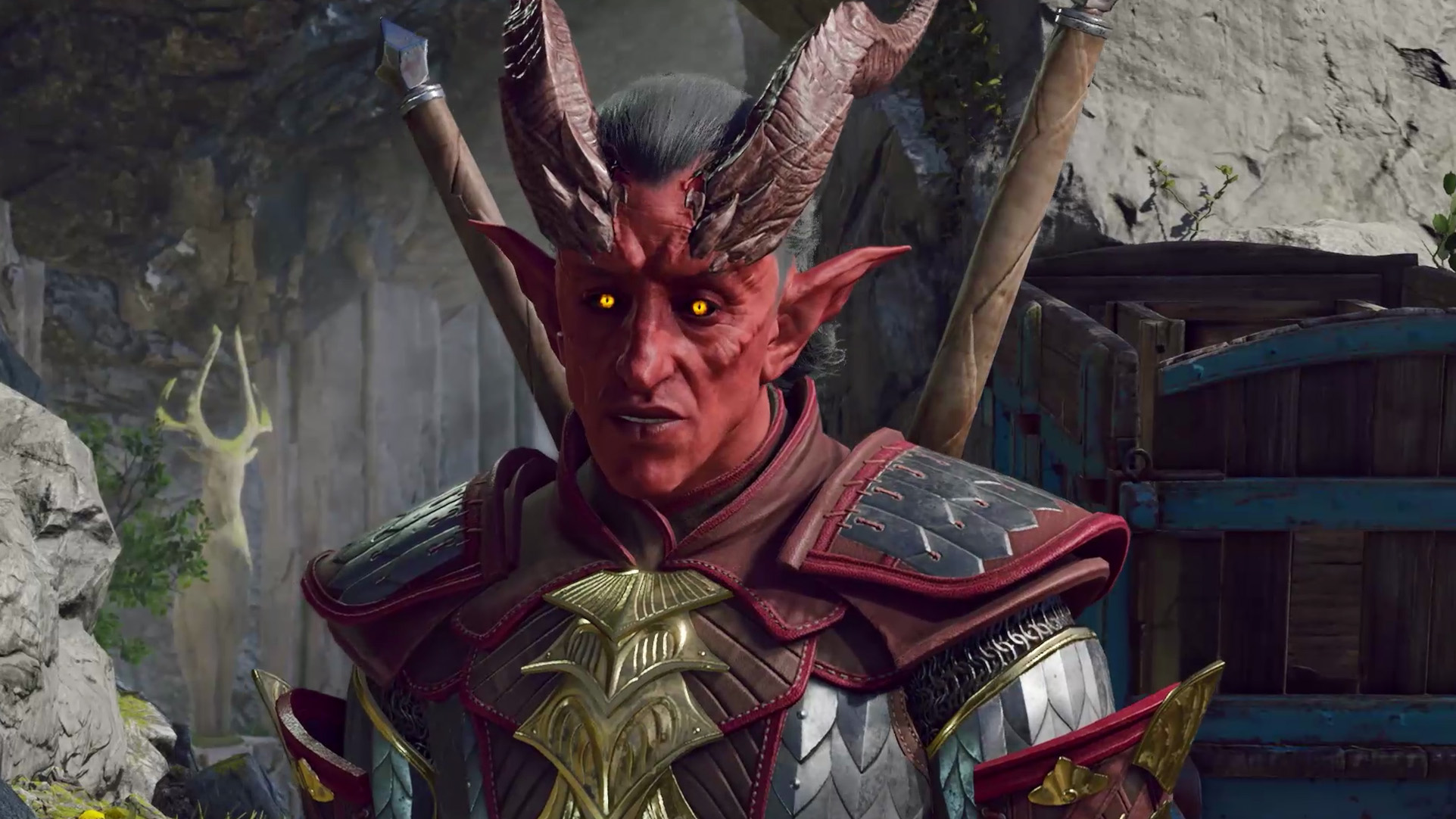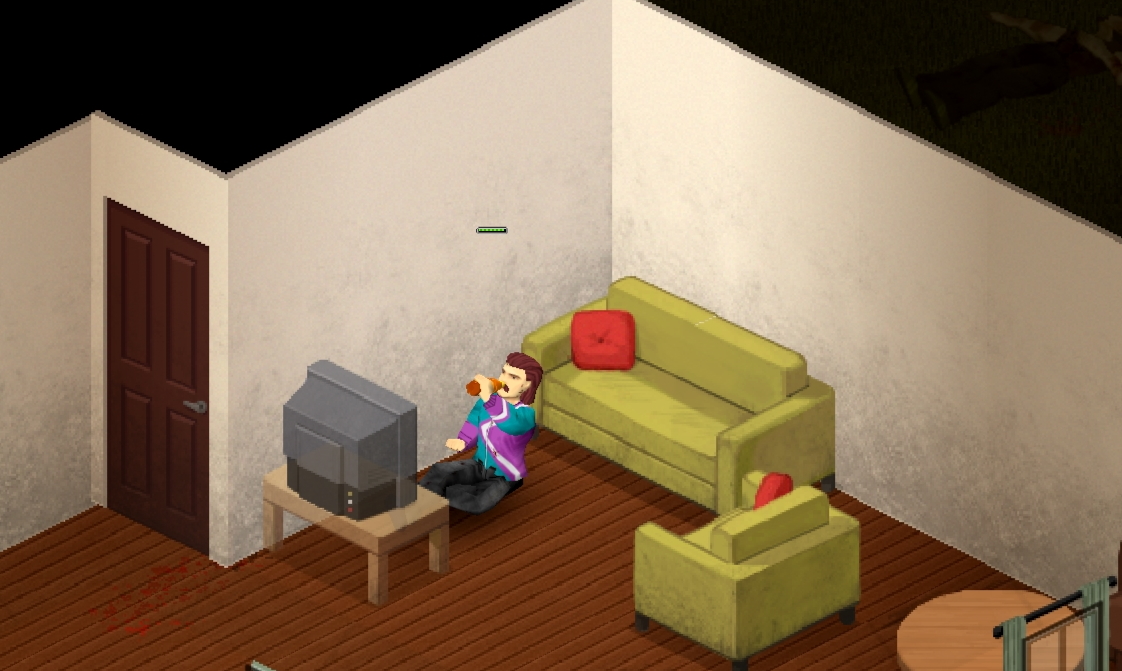A decade on, early access is still a big mess
Every developer and player has their own expectations, and they're in constant conflict.

Steam's early access programme is somehow nearly a decade old, launching back in 2013. Pitched as a way for players to help shape games through feedback and testing, but also as a way for developers to fund their games, there's always been tension. Individual studios have their own ideas about what purpose it serves, and so do players, creating a mess of ruined expectations and confusing messaging. Even now that early access is the new normal, it defies consensus.
Let's get this out of the way first: I think early access is often a good thing. Letting players experience the development process first hand helps demystify the creation of games, it provides developers with vital feedback, and it's been a huge boon for indies, allowing them to get funding without publisher interference.

Just look at what it's done for Larian Studios. After leveraging its community first through Kickstarter and then via early access, it was able to make its biggest hit, and then an even greater hit, which culminated in the developer being given the reins of Baldur's Gate 3. Now it's one of the most important RPG developers on the planet.
But even Larian is not immune to misplaced expectations. With Baldur's Gate 3, it clearly communicated that only the first act would be available in early access, with the rest coming at launch. Despite this, you still see plenty of people wondering when the next act is coming, or complaining that they've already played enough of the first act and want something new.
This is unavoidable simply because early access games are still premium products. They aren't public alphas, and for the chance to play early you need to slap down some cash. The moment you part with your cash, it's only natural to feel ownership and even entitlement. And with each passing month or year, that sense of ownership and entitlement only grows.
Test chamber

At the programme's inception, developers were quick to clarify that these games were works-in-progress and you should only take the plunge if you are OK with being an unpaid tester and putting up with bugs and missing features. But these caveats were immediately undermined when these games started being promoted with the same gusto as finished products, and when they started appearing in sales. That's not how you find testers or die-hards that will put up with the long development process; it's how you wrangle regular players.
I feel bad for developers when I see forum posts complaining about things that are unavoidable in early access, but it's also ridiculous to expect people to trawl through blog posts, updates and dev diaries to find out what state the game is in before they make their purchase. And the traditional methods of finding out if a game is worth your time aren't as effective when it comes to early access deals.
Keep up to date with the most important stories and the best deals, as picked by the PC Gamer team.
At PC Gamer, we don't give early access games formal, scored reviews because of a whole host of reasons. Beyond the fact that they simply aren't finished games, the critical ecosystem isn't set up in a way that allows reviews to be changed. If you give a game a 60, it doesn't matter if you give it a 90 a couple of years later, that old score is still going to stick around like a bad smell.

We usually do impressions, sometimes multiple times, before tackling the final review. But if you're, say, thinking of getting Baldur's Gate 3, my main impressions piece isn't going to be much help. I wrote it in 2020, before there were bards and sorcerers and druids disguised as giant badgers. To get a clearer picture of where it's at now, you'd need to check out our constantly-growing feature on everything we know about Baldur's Gate 3, and then follow the links to yet more articles. It's a lot to ask of someone who just wants to play a game.
Some games just die out, while others simply never leave.
After nearly a decade, there have been no solutions, so I think we just have to accept that early access will always be a bit of a Wild West where you can't even be certain that the game you bought will ever be finished. Some games just die out, while others simply never leave. Project Zomboid, for instance, has been in early access since the programme first started.
These issues aren't just limited to the formal early access programmes of Steam, Epic, GOG and Xbox either. Preorder betas are common, as well, encouraging people to buy games early so they can help with stress tests. We just saw it with Darktide, which had multiple betas leading up to launch. Players were tempted to hop in early, only to find that, even a week before launch, it wasn't close to ready for prime time. Arguably, it still isn't, with performance issues and temporarily missing features giving it the air of a WIP.

In a perfect world, everyone would know what to expect from early access, and all the feedback and playtesting would lead to more polished games. Instead, though, I feel like I'm constantly beta-testing, even in games that are ostensibly out. It increasingly feels like most launches are followed by developers announcing patches and hotfixes and beta branches for further testing.
But I still lap it up. Total War: Warhammer 3 is one of my favourite games of 2022, and a big part of that is the Immortal Empires campaign. Yes, it's in beta. No, there isn't a release date. As much as I keep telling myself I don't need to sink another couple of hundred hours into it, the fact that it's there, beckoning me, means I just can't help myself.

Fraser is the UK online editor and has actually met The Internet in person. With over a decade of experience, he's been around the block a few times, serving as a freelancer, news editor and prolific reviewer. Strategy games have been a 30-year-long obsession, from tiny RTSs to sprawling political sims, and he never turns down the chance to rave about Total War or Crusader Kings. He's also been known to set up shop in the latest MMO and likes to wind down with an endlessly deep, systemic RPG. These days, when he's not editing, he can usually be found writing features that are 1,000 words too long or talking about his dog.

